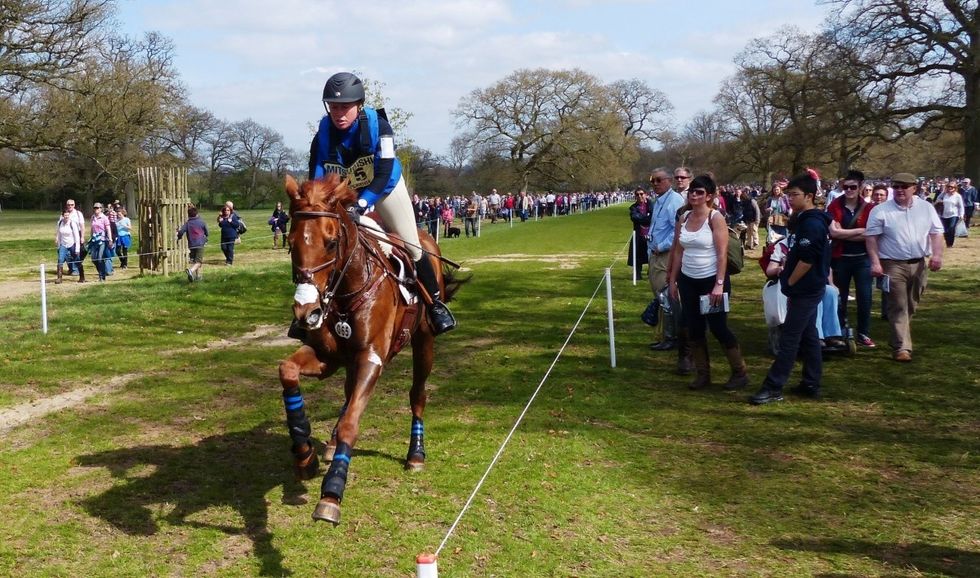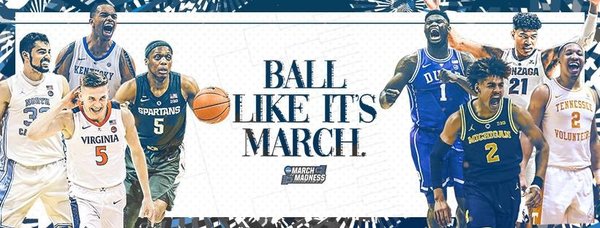A fair debate isn't free of emotion.
It is more than OK to be passionate about whatever subject you defend or try to prove, but I have found with this particular "debate" is that it isn't a debate at all. It's a straight-up fight to the death that rarely ends in more educated opinions.
Instead, it more often is a fight that ends in leaving the victim who is "called-out" with a feeling of inadequacy as an equestrian.
I am not talking about the equestrians who jerk harshly on the bit or bitless bridle for more control, I am talking about the equestrians who are genuinely riding humanely but are called cruel and abusive for merely using a bit even though their horse is obviously plopping along content and listening well enough to their rider and handler.
Since these offenders do not have the brass to say such rude things in real life this bullying often happens online, but even though many adults know these offenders are not worth the time, it is the young and impressionable riders that already train under a professional who are the real victims of this fight. Young and impressionable riders who are doing just fine the way they are, but are bombarded by both popular social media accounts making videos and posts ridiculing either side of the debate and also the fans of these accounts.
And as someone who is an advocate for both bitless and bitted training, I see the fault on both sides of the argument.
I not only see fault on both sides, but I also see very uneducated opinions, quick accusations and over-the-top guilt tripping. It is to the point where it is overly excessive and causing equestrians to feel afraid to post about their riding on social media, even though they are honestly doing quite well for their skill level.
I understand completely, that if you are going to post your riding on social media, you need to be prepared for critique whether you are a beginner or an expert. There will always be someone that will not be satisfied by someone else's skills when they're watching it from a distance through a computer screen without fear of real consequences from the things they say.
However, as I said, it is excessive how much fighting there is about this subject online. It is never necessary to call someone a bad person just because they are using a bit, which seems to happen more and more frequently.
Again, I am an advocate for both, but I see riders who use bitless bridles religiously starting these fights and often using the fact the horse is bitted as a reason for things such as bucking, rearing, bolting, etc. When these riders tell them, no, that is not a reason their horse has problem areas, these riders are then called cruel and abusive even when they are using something as simple as a smooth snaffle while having soft hands.
And like I said earlier, the fault is not solely placed on the bitless side of the fight. I also see good equestrians who prefer bitless genuinely asking people online why they use the bits that they use out of pure curiosity but are attacked unprompted by whomever they are asking.
Like it or not — no matter what side you are on — bitless bridles and bits both have a place in training, and both types of equipment have a full spectrum of how much control the equipment is asking from the horse.
Yes, even bitless options ask for control from the horse, and if your reason for hating people you don't know simply for using a bit because "bitless isn't controlling over a horse's free will." I have some really bad news for you. No matter what type of equipment you use to ride a horse, riding in and of itself is asking for control over a horse. Even a horse's social hierarchy with their herdmates asks for control over each other.
A lot of the fight is about which one is better, and usually, people use studies done on bits versus bitless to back up their claims on both sides. However, the very few scientific studies that have been done, use incredibly small sample sizes. Most of these studies do not exceed over twenty horses, a study done by W. R. Cook and D. S. Mills only used four horses in their study. To give some perspective on how inaccurate of a study that is, normal case studies use sample sizes made up of thousands of individuals coming from multiple backgrounds.
The magnitude of the sample size determines the amount of information the study produces, which brings up another important point. Not every professional produces accurate results.
So do your research and be critical of the people that produce that research. Do not depend on large social media accounts to influence everything you believe you know, especially when certain social media accounts make it their goal to ridicule people for using basic equipment. Use common sense and be kind.
Educate yourself and learn about who you are taking in information from.




 Energetic dance performance under the spotlight.
Energetic dance performance under the spotlight. Taylor Swift in a purple coat, captivating the crowd on stage.
Taylor Swift in a purple coat, captivating the crowd on stage. Taylor Swift shines on stage in a sparkling outfit and boots.
Taylor Swift shines on stage in a sparkling outfit and boots. Taylor Swift and Phoebe Bridgers sharing a joyful duet on stage.
Taylor Swift and Phoebe Bridgers sharing a joyful duet on stage.













